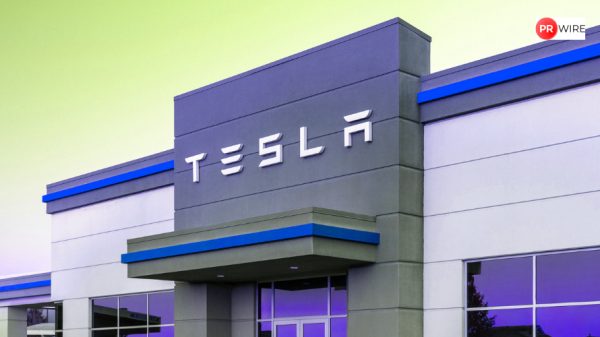In a significant advancement for urban infrastructure, an autonomous system for road repair is shifting the upkeep landscape. Developed through a partnership between Robotiz3d, Hertfordshire City Council, and the University of Liverpool, this system, known as the Autonomous Road Repair System (ARRES), is making strides in the detection and repair of road damages such as potholes and cracks. This breakthrough integrates artificial intelligence (AI) within its operations, recently covered by Fox News.
At the heart of the ARRES system is the ‘ARRES Eye’ technology–a sophisticated imaging tool installed on vehicles that patrol and examine roads for early signs of damage. This proactive approach not only identifies issues but also categorizes them based on their severity, streamlining the repair process by prioritizing the most critical problems.
Additionally, the ‘ARRES Prevent’ unit comprises an autonomous electric vehicle, reminiscent of a small van, that is programmed to autonomously patrol roads and address smaller fissures before they escalate into larger issues, thus preventing costly and dangerous potholes.
ARES has undergone successful field testing in the UK. Its capability to fill in cracks prevents water infiltration and subsequent damage. The system’s developers are optimistic that ARRES will revolutionize road maintenance both locally and globally. Currently, further tests are in progress to refine these robotic vehicles before mass production.
Noteworthy is the development of ‘ARRES Ultra’, a complementary technology aimed at handling more extensive road repairs, emphasizing Robotiz3d’s commitment to improving road safety and reducing vehicle damage caused by poor road conditions. Such innovations could significantly reduce the expenses incurred by millions of drivers annually due to pothole-induced car damage.
Summary: The latest innovation in road maintenance comes from the ARRES system, which employs AI and autonomous vehicles to identify and repair road damage, potentially transforming the landscape of urban infrastructure and making roads safer for everyone.
Industry Overview
The global road maintenance industry, embedded within the broader infrastructure sector, is witnessing a paradigm shift thanks to technological advancements such as the Autonomous Road Repair System (ARRES). The sector encapsulates a wide array of services, from road repair to the maintenance of markings and signage.
Market Forecasts
According to market research, the road maintenance sector is set to grow steadily in the upcoming years. The increased investment in smart city initiatives, coupled with the ever-growing traffic volumes, necessitates more efficient and effective solutions for infrastructure management. The adoption of autonomous systems like ARRES in road maintenance is anticipated to enhance the longevity of pavement life, reduce maintenance costs, and improve safety for road users, thereby driving the market forward.
Industry Issues
Several challenges plague the road maintenance industry, including tightening budgets, increasing traffic levels, and the need to minimize disruptions during repairs. Traditional methods of road repair are often criticized for being reactive, wasteful, and insufficiently equipped to handle modern urban demands. Environmental concerns are also at the forefront, with the industry under pressure to adopt greener practices and reduce carbon footprints.
Revolutionizing Road Repairs with ARRES
The ARES system is poised to address many of these issues through its innovative approach. By leveraging robotics and AI, ARRES provides a preventive strategy for road maintenance, which is in stark contrast to the traditional reactive methods. By reducing the time roads are out of service for repairs and minimizing human labor requirements, systems like ARRES also address safety concerns and the potential for human error.
As more autonomous solutions infiltrate various markets, regulatory frameworks will need to evolve to accommodate these changes. There will be an increased focus on cybersecurity and the safety of autonomous systems as they become more integrated into public infrastructure spaces.
For those looking for further reading on the advancements in road maintenance technology, reputable sources such as Fox News often cover such topics.
In summary, the Autonomous Road Repair System (ARRES) represents a significant step forward in the push toward smarter, safer, and more sustainable urban infrastructure. With ongoing testing and development, the potential for widespread adoption of such systems could prove to be a boon for municipal budgets and roadway users alike, heralding a new era of efficiency in the road maintenance industry.
The article originally appeared on YTech.




























